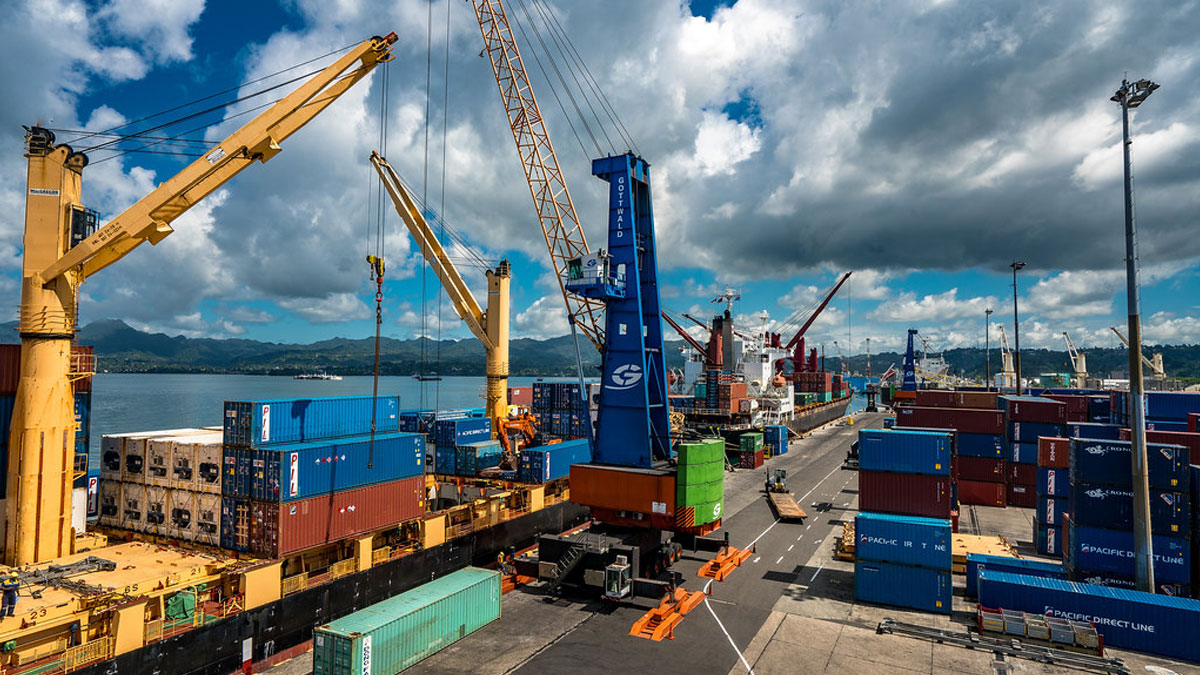
After a strong 20 percent growth last year and a further 8 percent projected for this year, Fiji’s economy is on a path to full recovery and growth is expected to be sustainable.
This was revealed by the Deputy Prime Minister and Minister for Finance, Professor Biman Prasad while providing an update on Fiji’s economic progress in the last 9 months during his meeting with the Assistant Treasurer and Minister for Financial Services Stephen Jones in Canberra, Australia.
Professor Prasad says the tourism industry has rebounded very strongly with visitor arrivals returning to 2019 levels.
He also updated Jones on the interest of the Australian companies, contractors, bidders and financial institutions for the Public-Private Partnership for the Affordable Housing Project.
Professor Prasad says that he has been leading the Roadshow in Auckland and in Brisbane to present and discuss the structure of the project.
He adds that the Government of Fiji aims to increase the supply of affordable and climate-resilient housing with the vision to eradicate squatter and informal settlements in the next 10 years.
He says with this objective, the Government has earmarked four sites in the Central Division (Davuilevu, Nepani, Wainibuku, Raiwaqa), and a site in Lautoka (Tavakubu) and Tavua with a total area of 266 acres to develop the first pilot project which is expected to supply around 3,000 housing units, which will be climate resilient, green and Category 5 cyclone compliant structures.
The Deputy PM has also requested the Australian Government to allow the Fijians working under the Pacific Labour Mobility Scheme and other workers to access the Fiji National Provident Fund services from offshore. He adds that the Fiji Parliament has already approved the Fiji National Provident Fund (Budget Amendment) Bill 2023 which provides the legal basis for the FNPF to expand its membership by setting up a Fund overseas.
Professor Prasad further says amendments to clause two, clause three, clause four and clause five of the bill give effect to that and this will allow FNPF to provide those services to those workers who are in Australia and New Zealand and Jones has agreed to look into this matter.
Professor Prasad also emphasised that Fiji believes in regional solidarity which is the only way to address new challenges in the region like geo-strategic competition, climate change and solutions to our unique challenges of smallness, geographical distance from major markets and narrow economic base and says that moving forward there is a need for deep and meaningful regional integration.
Stay tuned for the latest news on our radio stations

